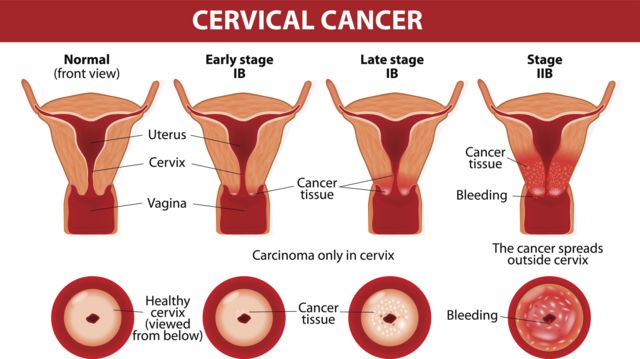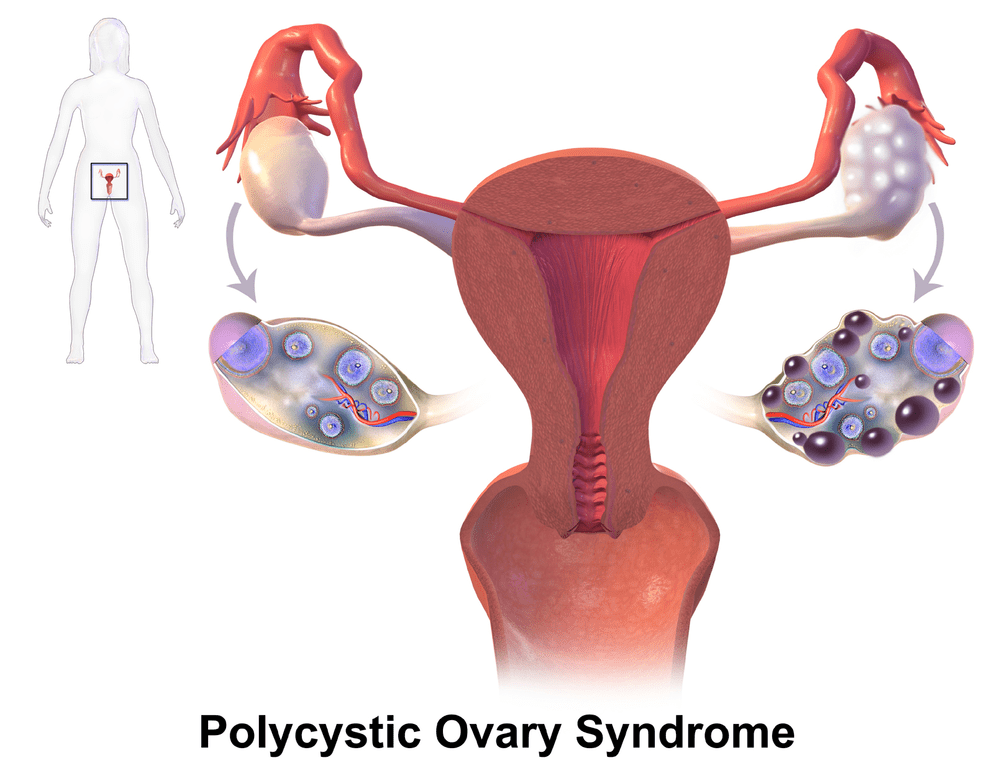Cervical cancer is a type of cancer that starts in the cervix. The cervix is a hollow cylinder that connects the lower part of a woman’s uterus to her vagina. Most cervical cancers begin in cells on the surface of the cervix. Cervical cancer was once a leading cause of death among women from various parts of the world. However, that has changed since screening tests became widely available. This article will focus on the basics of cervical cancer, as well as the importance of cervical cancer screening.
Many women with cervical cancer don’t realize they have the disease early on, because it usually doesn’t cause symptoms until the late stages. When symptoms do appear, they’re easily mistaken for common conditions like menstrual periods and urinary tract infections (UTIs).
Typical cervical cancer symptoms are:
- unusual bleeding, such as in between periods, after sex, or after menopause
- vaginal discharge that looks or smells different than usual
- pain in the pelvis
- needing to urinate more often
- pain during urination
If you notice any of these symptoms, we recommend that you book a screening as soon as possible through the DRO Health App.

Cervical cancer screening is used to find changes in the cells of the cervix that could lead to cancer. Screening includes cervical cytology (also called the Pap test or Pap smear), testing for human papillomavirus (HPV), or both. Most women should have cervical cancer screening on a regular basis.
Cervical cancer screening is an important part of women’s health care. You should start having screenings at age 21, regardless of when you first start having sex. How often you should have cervical cancer screening and which tests you should have depend on your age and health history:
- Women who are 21 to 29 should have a Pap test alone every 3 years. HPV testing alone can be considered for women who are 25 to 29, but Pap tests are preferred.
- Women who are 30 to 65 have three options for testing. They can have a Pap test and an HPV test (co-testing) every 5 years. They can have a Pap test alone every 3 years. Or they can have HPV testing alone every 5 years.
- Women who have a history of cervical cancer, are infected with HIV, have a weakened immune system, or who were exposed to diethylstilbestrol (DES) before birth may require more frequent screening and should not follow these routine guidelines.
The importance of cervical cancer screening can never be overemphasized. It can be the line between life or death in many cases. On the DRO Health app, women over the age of 21 and from various health backgrounds can book various tests to screen for cervical cancer.





